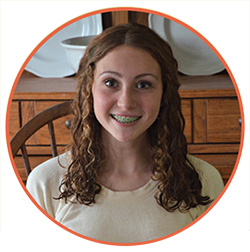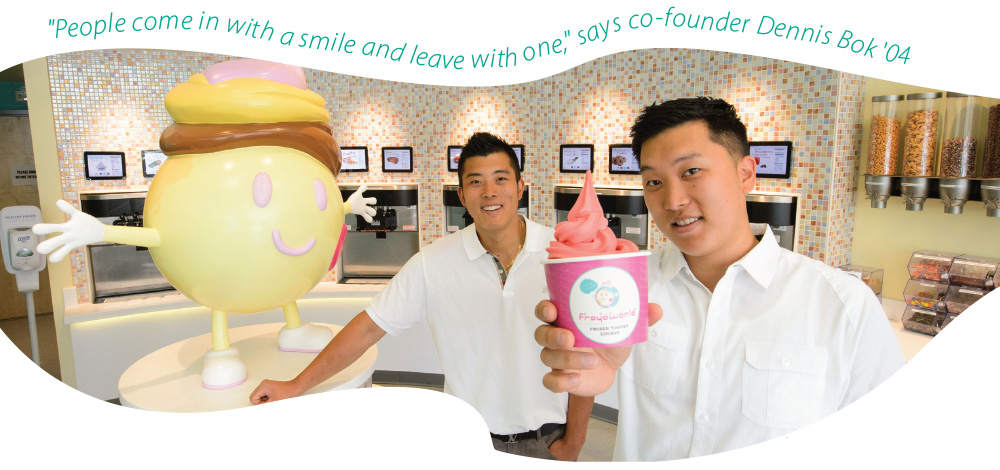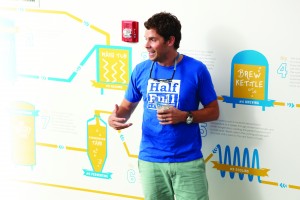This article first appeared in the UConn Business magazine, Volume 4, Issue 1 (Winter 2014)
1960s
Scott S. Cowen, Ph.D. ’68, ’10H was recognized at the 2013 Edith Stern Legacy Award Luncheon for his commitment to education, community service and civic engagement. Cowen also received the Distinguished Alumnus Award by the UConn Alumni Association.
1970s
Frank Genovese ’72 was appointed by Governor Robert F. McDonnell to the University of Virginia Board of Visitors.
James F. Klotz ’77 was appointed to vice president, claims strategic operations systems at Selective Insurance Group.
James M. Mahoney ’79 was elected the new CPA and managing partner of Mahoney Sabol & Company, LLP, and has been appointed to chairman of the Board of Directors for the Hospital for Special Care in New Britain.
Lauralee E. Martin ’79 MBA was elected to president and chief executive officer at HCP.
1980s
David L. Albrycht ’89 MBA was named president and chief investment officer at Newfleet Asset Management LLC.
Geri Armalavage ’87 received designations from the Certified Business Appraiser as well as the Appraisal Institute. Armalavage is the senior managing director of Valbridge Property Advisors.
Christopher A. Bleck ’80, ’88 MBA was appointed to the Product Advisory Board of Alcresta.
Nancy E. Cleaver ’81 MBA was appointed to senior vice president and chief lending officer at Crest Savings Bank.
Tim G. Cocchi ’89 MBA was named country manager for Hong Kong operations at Aetna.
Claire R. Fennessey ’86 was appointed to chief marketing officer at Clarus Marketing Group.
Christopher T. Fraser ’80 was appointed interim president and CEO to lead KMG Chemicals, Inc.
Marvin S. Goldwasser ’83 was named vice president of marketing at Payveris.
Brian J. Kelley ’86 MBA was appointed to be on the Board of Directors at Alteva. Kelley is currently the chief executive officer at snom Technology, Inc.
Stuart A. King ’87 MBA was appointed to vice president of northeast energy consulting at Amerex Energy Services, a division of Amerex Brokers LLC.
Todd A. Krygier ’87 was named the new coach of the Muskegon Lumberjacks, a tier one junior hockey team.
Jill M. Maguire ’83 joined Reby Advisors as a financial advisor.
Brian P. McKeon ’84 was named executive vice president and chief financial officer of IDEXX Laboratories, Inc.
David A. Samuels ’83 was named the CFO of the Year 2013 by the Washington Business Journal.
1990s
Paulette R. Alviti ’92 was appointed to the position of senior vice president and chief of human resources at Foot Locker.
Matthew D. Danyliw ’99 was appointed to senior vice president of Khameleon Software, Inc.
Shawn R. Fields ’99 was selected as the new C.H. Booth library director.
Maureen K. Hays ’91 MBA was appointed to managing director of consultant relationships at Principal Financial Group Inc.
Gregory P. Lewis ’91 was named the vice president and chief financial officer of Automation and Control Solutions.
David R. Longfritz ’91 MBA was named vice president of marketing for life and annuity at National Life Group.
Donny E. Marshall ’96 was appointed to analyst for the Brooklyn Nets at YES Network.
Rod P. Recor ’97 MBA was named vice president of product development at Comprehensive Pharmacy Services.
Gerald D. Starsia ’95 EMBA was appointed to senior associate dean and chief operating officer at the University of Virginia Darden School of Business.
Thomas P. Trutter ’99 MBA received the 2013 Construction Industry Recognition Award from Associated General Contractors of Connecticut.
2000s
Ashley M. Battle ’04 was named Chartiers Valley High School’s girls basketball coach.
Luke J. Florian ’08 is the co-founder of the national real estate investment firm, Elite Property LLC.
Hang T. Nguyen ’08, ’13 Ph.D. successfully defended her dissertation titled, “Three Essays on the Financial Impacts of Branding Strategies and Marketing Assets.”
William T. Oravecz ’01 MBA was named director of ICD-10 Implementation at Saint Francis Hospital and Medical Center in Hartford.
Daniel D. Pinho ’02 MBA was recognized as one of the “20 Under 40 Latinos Going Places” by Poder 360 magazine.
Shaun H. Sheridan ’04, 04 MSA was recognized on the Hartford Business Journal’s “40 Under 40″ class of 2013.
Amanda Wallace ’07 MBA was recognized as a 2013 Working Mother of the Year from Working Mother magazine.
2010s
Li Qu ’13 Ph.D. successfully defended her dissertation titled, “An Evaluation of Outlier Treatment Methods in Accounting Research.”
Claire Simonich ’13 received UConn’s Undergradute Student Award at the Provost’s Awards for Excellence in Public Engagement.
Le Sun ’13 Ph.D. successfully defended his dissertation titled, “Three Essays on External Monitoring and Corporate Decisions.”
What’s new with you?
Submit your career, education, or personal announcements to the Business Alumni Network!
What is the Business Alumni Network? The Business Alumni Network is a free resource offered to all School of Business alumni and is an excellent tool for networking with fellow alumni and current students. alumni.business.uconn.edu
Submit Photos You can submit a photo with your news and notes online, but you can also email us photos of you and your fellow alumni for possible inclusion in the magazine! Email high-resolution photos to: aspada@business.uconn.edu


